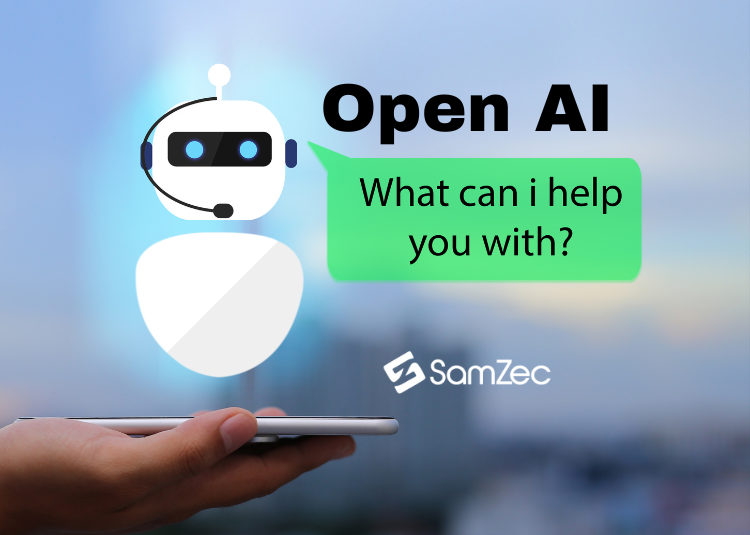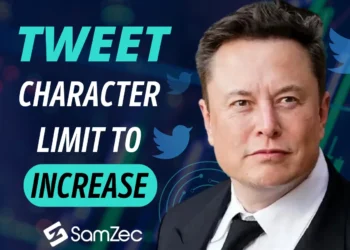ChatGPT is OpenAI’s (an Artificial Intelligence research company) latest chatbot. It is a language model trained on enormous amounts of data. What it can do is dazzling and even intimidating. It can make human-like conversations, write poetry, and even write computer programs – which up until now were considered to be the most creative jobs humans perform.
Ever since its launch last month, it has been in the news. The OpenAI Chatbot is arguably the most advanced and sophisticated a company has developed so far.
This is cutting-edge Artificial Intelligence technology that has the potential to disrupt many industries. Even the smartest programmers are getting anxious about the security of their jobs. Other professions such as content writing are also threatened. More importantly, how this powerful tool is going to be used by students is of great concern for educational institutions as well as for parents.
These concerns have started fiery debates on the enormous power of AI, the future of work, and how humans are going to adapt to it.
ChatGP Disrupts Programming
In the last couple of weeks, users have been trying to push ChatGPT to its limits. Many people are testing whether it can write programs. And on almost all occasions, it writes bug-free code in multiple computer languages.
People have even tried getting around its safety safeguard to write malicious code. And it has successfully written code for phishing attacks. While these abilities of this tech are quite concerning, they are mind-blowing and thought-provoking.
If computer programs can be written faster by only giving a few instructions to ChatGPT, what is going to become of those who earn their living by writing code?
ChatGPT Disrupts Educational Assessment
Educational institutions and parents are also worried about how this technology will affect students’ intellectual faculties. One professor shared his experience using ChatGPT.
‘I gave the bot an essay prompt and it spun out an essay that would have gotten a student a good grade’. A professor from a private university tweeted.
People Question if We Are Ready for It?
Everyone from writers to programmers and educationists, people are wondering if we really need this technology at this point in time.
Their concerns are justified.
While the leading companies in the industry are rolling out cutting-edge artificial intelligence technologies. The governments are not yet ready. There are no backup plans ready as to how the subsequent disruption will be handled.
Moreover, as intelligent and fast as this technology is, it also has its limitations.
It produces text that sounds smart but users have found mistakes on many occasions.
The programs it writes can also be legit-looking but abnormal at the same time.
ChatGPT Will Not Be Free Forever
While the AI tool is free to use right now, it will not be free forever. Answering a question on Twitter, Sam Altman, the CEO of OpenAi said they will have to monetize it to cover its operational costs.
we will have to monetize it somehow at some point; the compute costs are eye-watering
— Sam Altman (@sama) December 5, 2022
It is obvious that OpenAI is trying to gather as much feedback as possible with the current free plan. Understandably, it will cost an amount in the future to use it.
This will translate into its less frequent use for academic dishonesty such as plagiarism.
However, eliminating the free plan of the tool will allow only a certain class of people which will further exacerbate the disruption in the job market.
Final Verdict
Many people from different parts of the world are debating whether we need this technology right now or not.
And most of us are in fact worried about the disruptions it is going to cause in many fields. However, there is a silver lining.
Instead of worrying about the future of work, we should focus on how we can adapt to it.
Whether we need it or not, whether we want it or not, we cannot stop it.
AI is here and it has come to disrupt.
Instead of worrying, we should do what we cannot. In this article, ChatGPT and the other authors, (yes, Harvard Business Review used it as one of the article’s authors) put it right. “The forward march of technology will continue, and we must harness the new capabilities to benefit society. To do so, we must ask what new systems can be built with these new tools.”




















